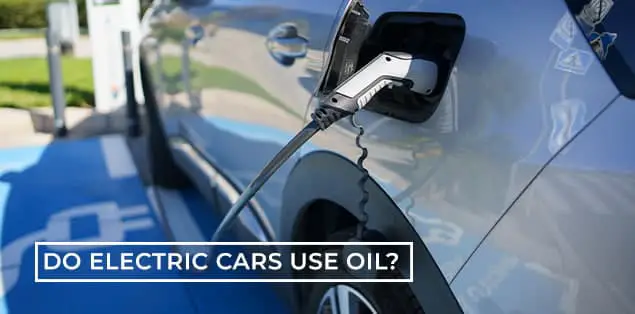So, do electric cars use oil? Robert Anderson brought into this world the first electric vehicle in the year 1832. EVs became practical after 1870. Electric vehicles are the means of transportation that can almost claim to be free from the liquid gold or petroleum-dominated world.
In the present world, where people are finally accepting that global warming is a real and serious issue, they have become quite aware of the fact that we human beings are the reason for it. Fortunately, we are also mindful that we can fix it.
You are here to know either of these:
- If the so-called Electric Vehicles are completely free from petroleum use.
- If the EVs are cheaper than oil-dependent vehicles.
- If it’s true, what you heard someone say is that EVs are not entirely oil-free.
- If buying electric cars can help the world.
Caution: We are talking about electric cars and not hybrids.
Making of a Car.
It is quite saddening to say that even if the electric cars feed on electricity to take us places, the companies use more than 100 gallons of motor oil to make the physical body of the vehicles, i.e., the tires, seats, dashboards, bumpers, etc.
So, it is not entirely oil-free.
Does an Electric Vehicle Need Oil For Lubrication?
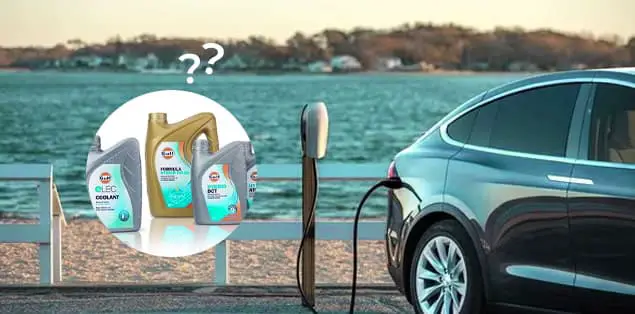
A petroleum-dependent car uses oil in the engine to lubricate its various parts to prevent wear and tear by reducing friction. In case of the absence of this oil lubricant, the engine will go through its worst nightmare, and your car will need a new engine or a new car.
An Electric Vehicle also uses oil to lubricate its engine. A petrol car uses oil to lubricate its wheel bearings. So does an Electric Vehicle. There is the usage of oil in the transmission of a petrol car.
The proper lubrication of an EV motor differs from that of an internal combustion engine.
Oil is also used in the transmission of an electric car. A synthetic oil PAG(Polyalkylene Glycol) used in the air conditioning system of a petrol car is in the air conditioning system of an electric car. A petroleum-dependent car uses oil in the central locking system(if available). So do electric cars.
Do Electric Cars Need Oil Change?
The conventional petroleum-dependent cars have internal combustion engines, which have a lot of parts like pulleys, leverages, etc. However, an electric vehicle’s engine is quite different from the internal combustion engine, and it also lacks a lot of parts that are a necessity in the internal combustion engine.
The oil engines need regular maintenance, a few problems with the spark plug, battery, changing the mobile is quite frequent. However, the engine in electric vehicles doesn’t require frequent maintenance and regular oil checks as they don’t have the parts as those possessed by the internal combustion engine.
But the electric cars being machines will eventually need maintenance which leads to timely checks on transmission fluid like coolant, brake fluid, and not worth mentioning windshield washing fluid.
- Coolant: Electric cars run on electric motors that rely on coolants for thermoregulation. The coolants also prevent the electric motor from overheating.
- Brake Fluid: The brake fluid is necessary for the efficient functioning of an electric vehicle’s regenerative braking system. An electric car’s braking fluid often has to be replaced every 25,000 kilometers.
Even though an EV generally needs less maintenance, there are a few things that need your attention:
Battery Coolant
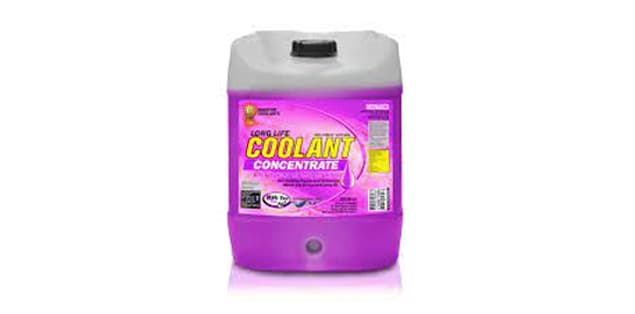
Handling heat is an essential difficulty for electric vehicles, just like it is for vehicles with internal combustion engines. The lithium-ion battery of an EV produces heat; thus, the car has a coolant to help control the temperature of the battery, power inverter, and cabin heater. These other parts are essential to the vehicle’s quality and durability, although the cabin heater is less crucial. Therefore, in an EV, we should periodically examine the battery coolant.
Brake Pads
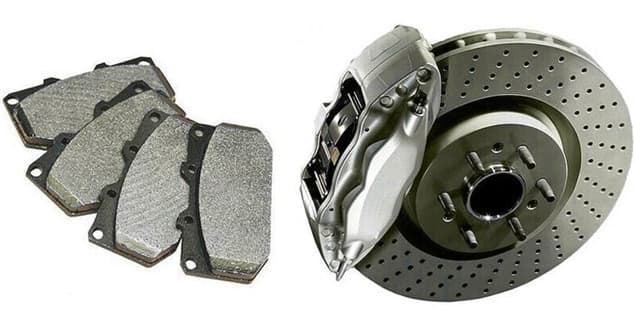
EVs stop using brake pads, Even if we do the fueling differently. Therefore we should replace and inspect Brake pads should regularly. However, since EVs employs a regenerative braking system, you should experience less brake pad wear and require fewer maintenance visits than with a conventional vehicle.
Another ingenious invention of EVs is the regenerative braking system, which increases the vehicle’s power output by converting kinetic energy into electric energy. Checking the braking system is a crucial component of an electric car service visit because it is crucial for both safety and power generation.
Maintaining the Software
The software of all contemporary cars has an engine management system, and electric cars are no exception. So while your EV should have the most recent software installed, some EV manufacturers can also deliver over-the-air upgrades to give your car additional features.
In addition, it eliminates the need for software upgrades at the dealership and provides you with new features and efficiency-improving adjustments without requiring another service visit. Ask your manufacturer how to keep your EV updated with the newest software if you drive one.
Transmission Fluid
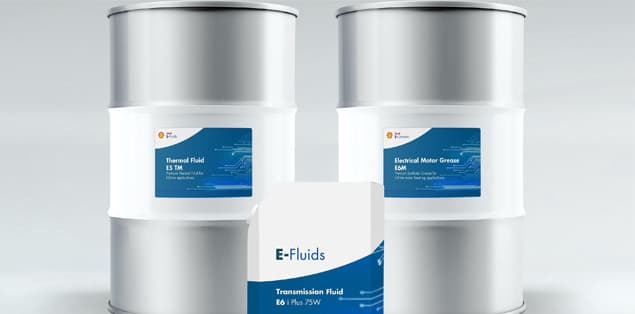
Do electric vehicles utilize oil? Nope. But some people continue to use transmission fluid. Although it’s uncommon, it’s crucial to be specific. So, if you have an EV or are thinking about purchasing one, be careful to read the owner’s manual to learn about any transmission fluid specifications.
Final Words – Do Electric Cars Use Oil
In the prevalent times where the world’s present environment and the entire human race, along with a lot of species of plants and animals, are endangered because of industrialization, we have to prevent their and our extinction. Pollution caused by cars is equally to blame.
We, on our part, can take action locally, and the buying of electric cars will help a lot in the long run.
